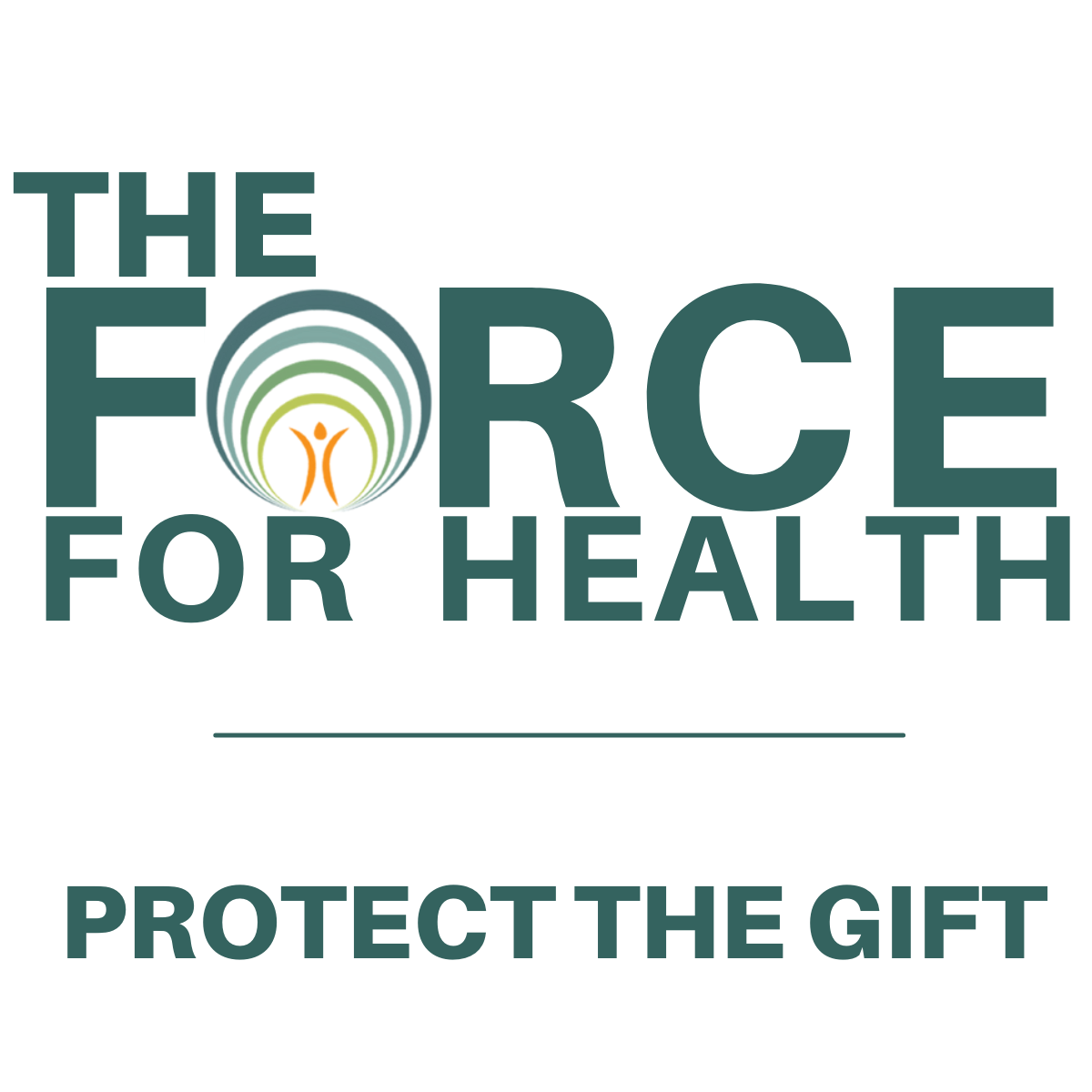CUBIST S9E1: Addressing Chronic Post-Concussion Syndrome Symptoms with Antioxidant Therapy
In this episode of CUBIST, the hosts discuss a study titled “Changes in Resting-State Functional Connectivity and Cognitive-Affective Symptoms in Patients with Post-Concussion Syndrome Treated with N-Acetyl Cysteine” by Dr. Daniel Monti and colleagues and published in the Journal of Head Trauma and Rehabilitation in November of 2024.
Article Citation: Monti, D. A., Faezeh, V., Zabrecky, G., Alizadeh, M., Wintering, N., Bazzan, A. J., Mohamed, F. B., & Newberg, A. B. (2024). Changes in Resting-State Functional Connectivity and Cognitive-Affective Symptoms in Patients With Post-Concussion Syndrome Treated With N-Acetyl Cysteine. The Journal of head trauma rehabilitation, 10.1097/HTR.0000000000000976. Advance online publication. https://doi.org/10.1097/HTR.0000000000000976
Article LINK: https://pubmed.ncbi.nlm.nih.gov/39531327/
CUBIST is a podcast for health care providers produced by the Traumatic Brain Injury Center of Excellence. We discuss the latest research on traumatic brain injury most relevant to patient care. For more about TBI, including clinical tools, go to www.health.mil/TBICoE or email us at dh************@****th.mil.
The views and opinions of findings and or devices discussed in this podcast are those of the host, subject matter experts, and or guests. Facts represented constitute our understanding at the time of the podcast, whereas updated factual information may be developed. They should not be construed as pronouncing an official Department of Defense’s position, policy, decision, or endorsement. The hosts and guests of CUBIST may be defense contract personnel who support TBICoE. The status of all hosts and guests will be identified during introductions to the podcast. Our theme song is “Upbeat-Corporate’ by WhiteCat, available and was used according to the Creative Commons Attribution-Noncommercial 4.0 license.
Recommend0 recommendationsPublished in My Healthy Veteran, National Health Agency Sources










